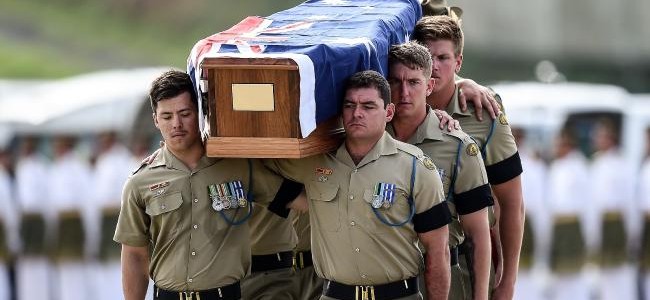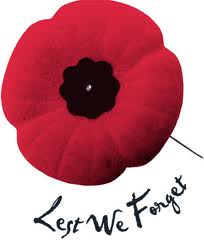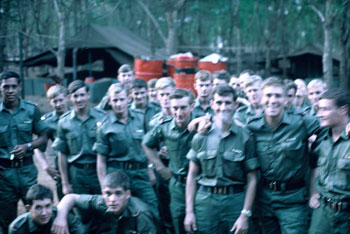Morrie Stanley, 1931-2010
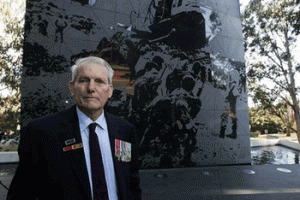
Morrie Stanley was one of the heroes of the bloody Battle of Long Tan – the Australian Army’s most intense encounter of the Vietnam War. The New Zealand Army captain attached to Delta Company of 6RAR is widely acknowledged as having played a huge role in saving most of the 108 besieged Australian Army soldiers during the three-hour battle on August 18, 1966.
He was the forward artillery officer with Delta Company when they were attacked in a rubber plantation by a force of about 2500 Vietcong and North Vietnamese soldiers who outnumbered them 23 to one.
He stayed by the side of the company commander, Major Harry Smith, calling in artillery fire from New Zealand, Australian and American howitzers at the Australian base at Nui Dat five kilometres away. The enemy force attacked in waves during a torrential downpour, almost overrunning the Australians.
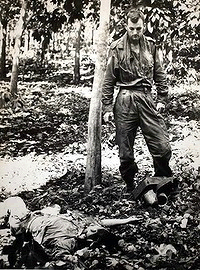
Captain Stanley on the day after the battle. Photo: Reuters
Maintaining his calm amid the mayhem – ”I had to overcome my dread that I would make a mistake,” he recalled – and with mud and rain at times obscuring his map from which he calculated critical co-ordinates for the gunners, Stanley was in constant radio contact with the gunners at Nui Dat as the Australian soldiers fought against overwhelming odds with limited ammunition.
At times he ordered salvos from the 18 New Zealand and Australian 105-millimetre howitzers and six 155-millimetre US howitzers in the battery to within 30 metres of the Delta Company lines.
He also disregarded requests from Sergeant Bob Buick, who took command of 11 Platoon after his commander was killed, to bring down fire on his position. The platoon had only 10 men left out of 28 and Buick was prepared to make the ultimate sacrifice because he thought he was about to be overrun.
By the time the enemy disengaged and slipped away, they left 245 dead in the plantation. The Australians lost 17, and 23 were wounded – and the Regiment had fired more than 4000 – 105mm rounds from its howitzers.
Maurice David Stanley was born on March 22, 1931, in Christchurch and grew up in Napier. His father was a drill master and Morrie became a prefect and regimental sergeant major in the school cadets. In 1949 he joined a special cadet unit in Wellington to complete his final two years at school, and while there won a place at the Royal Military Academy , Duntroon. He was 19 when he sailed for Sydney for the four-year cadetship.
As a New Zealander, he had more to overcome than the average Australian cadet. It was demanded of him, as part of the tough initiation, that he sing Waltzing Matilda. But his Kiwi spirit would kick in and instead he would sing the New Zealand marching song Maori Battalion.
”I received some attention for my impudence,” he recalled of what must have been stern punishment.
But there was a silver lining to the hazing. He met a young Canberran, Alva, at a church function and they were engaged the day he graduated as a lieutenant in December 1953. They married six months later.
As his army career progressed, he was among 150 soldiers sent to England for ceremonial duties (including guard duties at Buckingham Palace ) and training with the British Army.
Back home, in January 1966, he was ordered to prepare for posting to South Vietnam as a replacement battery captain with 16 Field Regiment, which was providing direct artillery support for the Australian’s 1RAR. The unit was attached to the US Army’s 173rd Brigade. After a relatively quiet start to his posting with 1RAR, at the end of April 1966 the battery moved to Vung Tau and Nui Dat in Phuoc Tuy province and he joined 6RAR as its forward artillery officer.
The events at the plantation on Long Tan erupted less than four months later. Stanley ‘s actions that day earned him the military MBE for valour. Many consider he deserved a higher award.
After Vietnam , his postings included a four-year stint as a defence liaison officer in Melbourne . In all, he spent eight years in Australia .
After he retired from the army with the rank of major in 1976 he worked in hospital administration in Auckland .
Morrie Stanley is survived by Alva and sons Peter and Andrew. A third, Donald, died before him.
Rest in Peace old Warrior.
